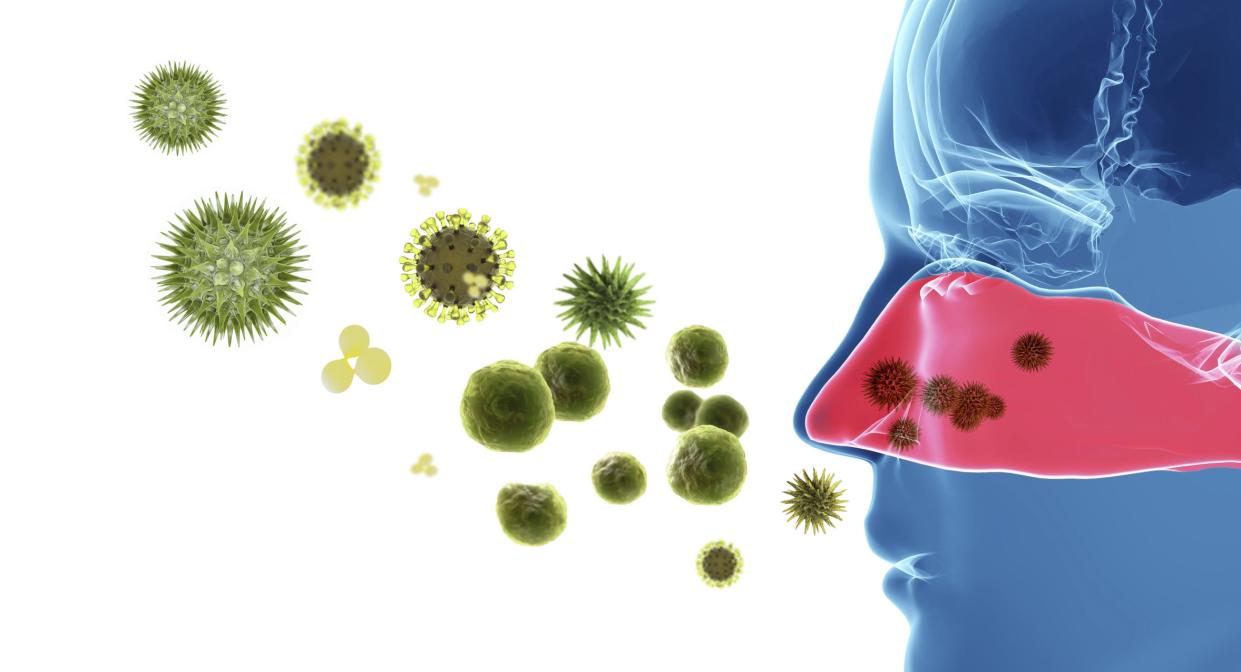NJ's early spring likely means an early, extended allergy season

Spring season marks the start of fun staples that we’ve been longing for all winter, but we cannot forget what else it brings — pollen season.
And no one is longing for that.
Allergy season begins when the trees bud and the pollen get released, but it varies based on the weather.A cold March will delay the sprouting process and a warm March will produce early sprouts.
After a warm winter, New Jersey residents can expect an early and long allergy season. Experts say the pollen season has already begun.
“Due to a warmer-than-usual winter and climate change, trees are blooming already and may continue through a longer pollen season,” says Catherine Monteleone, an allergist-immunologist at Rutgers Robert Wood Johnson Medical School.
AccuWeather’s 2023 spring allergy forecast agrees. According to the report, growing seasons are being extended by more than two weeks compared to the historical average since 1970.
This could prolong the symptoms many seasonal allergy sufferers endure.
There are three main classes of allergens, a substance that causes an allergic reaction, produced at various points in the season. Tree pollination begins first in the spring, followed by grass pollination throughout the summer and ragweed in the fall.
“It can really make people feel miserable. Some people tend to get nasal congestion, itchy, runny, sneezy nose, and postnasal drip. In the early spring people get associated eye symptoms like itching and swelling and associated wheezing with asthma-like reaction to the pollen more so in the spring than in the fall,” Monteleone said.
Here are some ways to prevent a nasty allergy attack this season
Check the pollen count before heading outdoors. Many weather websites offer local pollen count information.
Keep your air conditioner on when the pollen count is high.
Avoid areas that have trees with high pollen counts like oak and maple.
Wear sunglasses to prevent exposure of pollen to your eyes.
“It is important to begin your allergy medications and avoidance measures, such as keeping windows closed and changing clothes and showering when you return indoors, early in the season, Monteleone said.
This article originally appeared on Asbury Park Press: NJ Weather: Pollen season comes early to NJ

